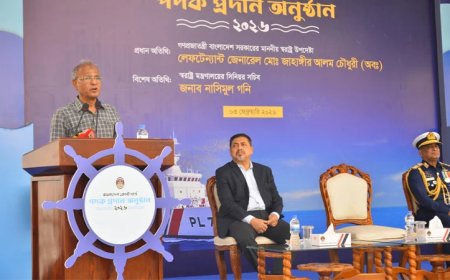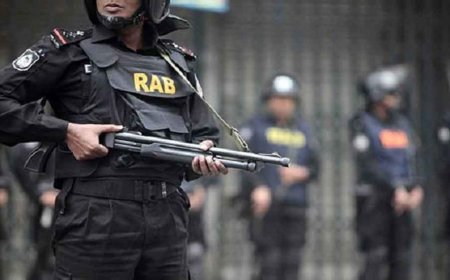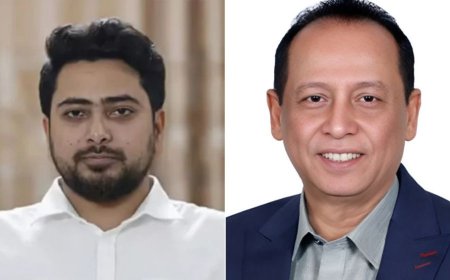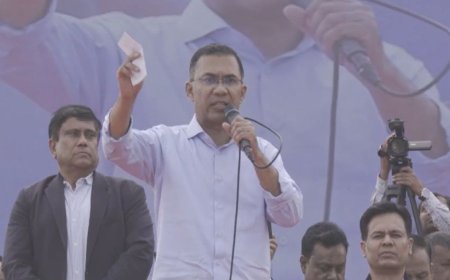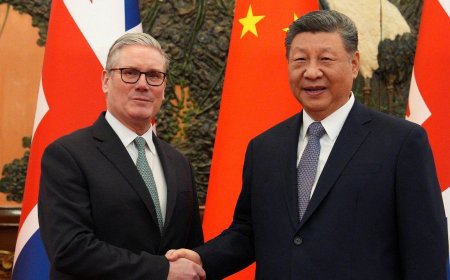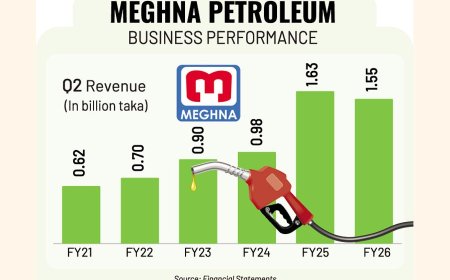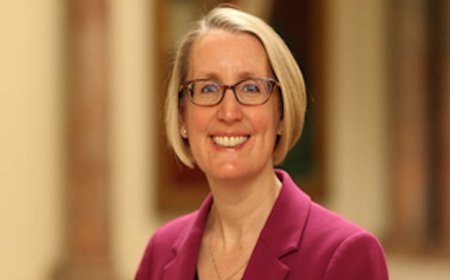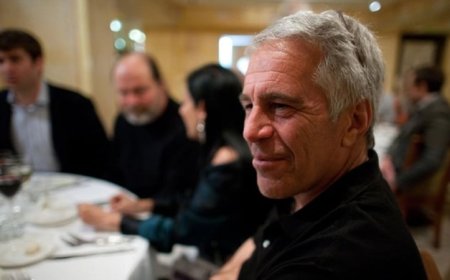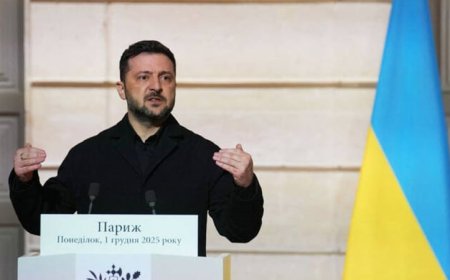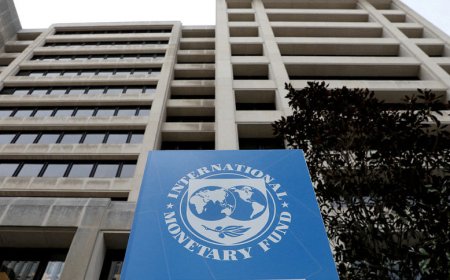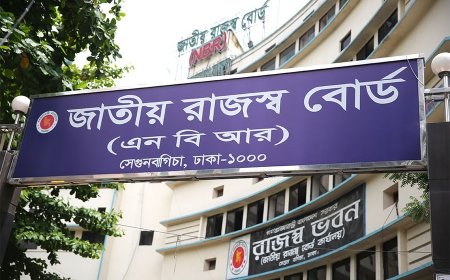Dr. Salehuddin to Present Tk 7,90,000 Crore Budget Tomorrow
Dr. Salehuddin to Present Tk 7,90,000 Crore Budget Tomorrow

Finance Adviser Dr. Salehuddin Ahmed is expected to unveil the national budget for the fiscal year 2025–26 (FY26) tomorrow, amounting to approximately Tk 7,90,000 crore. The budget will focus on critical issues such as job creation, inflation control, trade facilitation, economic stability, and maintaining fiscal discipline.
This will be Bangladesh’s 54th budget and the first under the interim government led by Professor Dr. Muhammad Yunus.
The budget announcement comes at a pivotal moment, as the interim government, formed after the removal of the Sheikh Hasina administration amid a student-led uprising, seeks to stabilize the economy amid increasing challenges.
The maiden budget for this government faces significant hurdles, including further reducing inflation, streamlining private investment and foreign direct investment (FDI), enforcing fiscal discipline, and strengthening social safety nets amid both domestic and global uncertainties.
Dr. Salehuddin Ahmed will present the budget speech via a pre-recorded broadcast at 4:00 pm on Bangladesh Television (BTV) and Bangladesh Betar. Private TV channels and radio stations have been asked to air the speech live using BTV’s feed.
According to Finance Division officials, the FY26 budget aims to boost the tax-to-GDP ratio, support local industries, achieve targeted revenue growth, create employment opportunities, attract FDI, foster a business-friendly environment, reduce compliance gaps, and simplify VAT accounting.
The budget may also introduce some simplifications in VAT law provisions, particularly to rationalize supplementary duty rates and improve VAT collection.
Compared to the current fiscal year’s original budget of Tk 7,97,000 crore, the FY26 budget is projected to be about Tk 7,000 crore smaller.
Officials note that the FY26 budget has been formulated with a focus on fiscal consolidation and delivering a more practical and implementable financial plan.
In a recent interview with BSS, Dr. Salehuddin described the budget as “not small, but practical and timely,” addressing key issues such as inflation, trade, foreign currency reserves, commerce, and revenue mobilization comprehensively.
The overall budget size is expected to shrink slightly by 0.87% compared to the current year, standing at Tk 7,90,000 crore. The development budget will decrease by Tk 35,000 crore to Tk 2,30,000 crore, while the revenue budget will rise by Tk 28,000 crore to Tk 5,60,000 crore.
Fiscal policy will emphasize closer coordination with monetary policy and incorporate recommendations from key reform commissions and taskforces.
Around 57% of the revenue budget is likely to be allocated for salaries, subsidies, incentives, and debt servicing, with allowances and salaries alone expected to total approximately Tk 82,000 crore. The budget may also introduce dearness allowances for government employees.
Subsidies are projected to reach Tk 1,16,000 crore, while interest payments could account for about 22% of the revenue budget.
The fiscal deficit for FY26 is anticipated to be under 4% of GDP, estimated at Tk 2,26,000 crore (3.62% of GDP), down from Tk 2,56,000 crore in the current year.
To finance this deficit, the government will rely on foreign loans, bank borrowings, and savings certificates.
The GDP growth target for FY26 is set at a moderate 5.5%, slightly above the revised 5.25% for the current fiscal year.
Controlling inflation remains a priority, with a target to reduce it to around 6.5%.
The budget also seeks to ease the financial burden on lower-income groups by expanding social safety net programs—both increasing beneficiaries and raising allowances.
Key sectors such as agriculture, health, education, and technology will receive prioritized funding.
The Annual Development Programme (ADP) allocation is expected to fall to Tk 2,30,000 crore from Tk 2,65,000 crore, reflecting a more focused investment strategy.
Dr. Salehuddin assured that the budget will be business-friendly, introducing tax policies aimed at encouraging investment, boosting GDP growth, and generating employment.
The revenue collection target for FY26 is set at Tk 5,18,000 crore, up from Tk 4,80,000 crore this year.
Non-development expenditures will increase, with major funds allocated for debt servicing, food subsidies, and banking sector reforms.
The non-development budget is expected to rise by Tk 28,000 crore to Tk 5,60,000 crore.
The government plans to strengthen the banking sector with allocations to cover capital shortfalls in state-owned banks. Subsidies for agriculture, fertilizers, and electricity will continue to support vital industries.
The budget will also introduce measures to reduce business costs and align tax policies with the country’s upcoming graduation from Least Developed Country (LDC) status.
Efforts will be made to curb public spending and reduce the budget deficit, avoiding expenditures that only provide temporary relief but burden future budgets.
No new mega projects are planned, except for the ongoing Matarbari development project, financed by long-term Japanese loans. To avoid increasing debt burdens, no short-term or high-interest loans will be taken.
What's Your Reaction?







